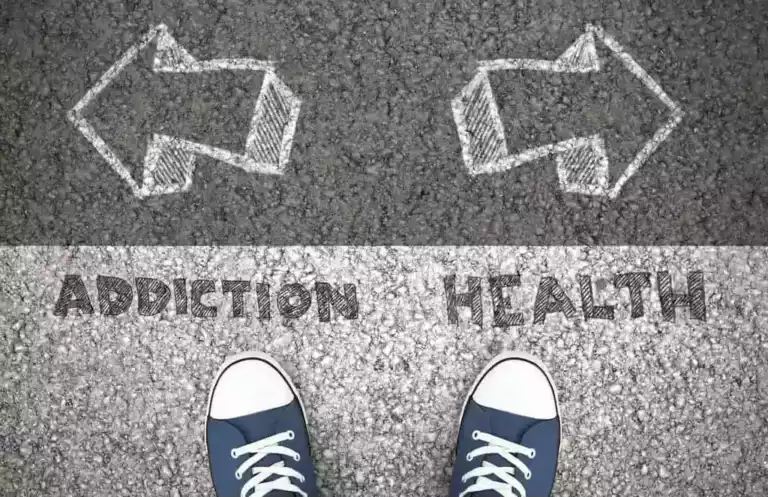
The mainstays of treatment for an acute attack of alcoholic pancreatitis are bed rest, pain relief, fasting, and administration of intravenous fluids. Similarly, it is not yet known whether protective (i.e., prophylactic) antibiotics have any place in the routine treatment of acute pancreatitis. Surgery is required to manage complications such as pseudocysts and pancreatic abscesses and is sometimes needed for the treatment of chronic pain. Alcohol use disorder (sometimes called alcoholism) is a common medical condition.
- Too much alcohol affects your speech, muscle coordination and vital centers of your brain.
- Like many other substance use disorders, alcohol use disorder is a chronic and sometimes relapsing condition that reflects changes in the brain.
- In addition, cholesteryl esters, FAEE’s, and reactive oxygen species increase the fragility of zymogen granules and lysosomes, thereby increasing the potential for contact between digestive and lysosomal enzymes.
- The biggest barrier to therapy of any kind that patients may face is shame and stigma; most programs address such concerns directly.
- In addition to getting professional treatment and support, there are things that you can do to help feel better and improve your chances of recovery.
- The lysosomal enzyme cathepsin B is capable of activating the digestive enzyme trypsinogen to its active form, trypsin.
- A recent study, using cultures of rat pancreatic acinar cells, has shown that at intoxicating alcohol concentrations, acinar cells metabolize significant amounts of alcohol (Haber et al. 1995b).
Health advice for people who drink alcohol or are thinking of drinking alcohol
People who drink too much alcohol are at risk of developing a host of health conditions and disorders including certain types of cancer, liver disease, and heart disease. Excessive alcohol consumption can damage the brain and other organs, and it also increases the chances of developing sleep problems, depression, and other mental health problems. Alcohol can interfere with a person’s ability to care for their other medical conditions or make other medical conditions worse. An association between alcohol abuse and pancreatic injury was reported as early as 1878 (Friedreich 1878).
Factors affecting alcohol consumption and alcohol-related harm
Some people drink heavily all day, while others binge drink and then stay sober for a while. If AUD is not treated, it can increase your risk for serious health problems. After completing treatment for AUD, it’s possible to have a risk of relapse. It’s important to recognize warning signs and seek help if you’re concerned about having a relapse.

Mental health
Behavioral therapies can help people develop skills to avoid and overcome triggers, such as stress, that might lead to drinking. Medications also can help deter drinking during times when individuals may be at greater risk of a return to drinking (e.g., Why Alcoholism is Considered a Chronic Disease divorce, death of a family member). Behavioral treatments—also known as alcohol counseling, or talk therapy, and provided by licensed therapists—are aimed at changing drinking behavior.

Alcohol Use Disorder
That can lead to pancreatitis, which is inflammation of the pancreas. When you drink too much alcohol, it can throw off the balance of good and bad bacteria in your gut. There’s a healthier way to unwind, one that empowers your sobriety journey. Find out how a personalized stress management toolkit can help you avoid relapse and stay on track with sobriety. Find a treatment center using the Psychology Today Therapy Directory. In a clinical setting, motivational interviewing, which cultivates the drive to change behaviors, and Screening, Brief Intervention, Referral, and Treatment (SBIRT), which funnels patients to treatment, are also helpful options.